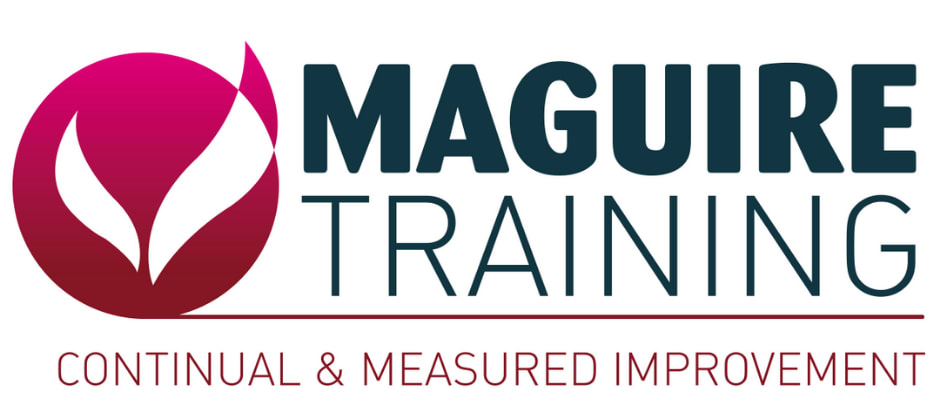Remote and Flexible Working Training Course - CPD Certified

Remote and Flexible Working
The cost case for flexible working is easy to convey, savings on building costs, transport etc. – we do not want managers and staff to feel that these are the only drivers.
Flexible working has huge benefits for staff, but these can be influenced by negative views and corporate policy/procedures. It is for everyone to remove these barriers. Some are attitudinal, some are procedural – all are under managerial and staff control.
For staff, the issues of an overlaid home/work environment can be new and daunting. Hidden issues need to be brought out and discussed, shared and understood through facilitated sessions. When will I work? How will I be measured? Will it affect progression?
This course is a must for anyone who is working from home or any remote location.
Upcoming start dates
Suitability - Who should attend?
Anyone who is required to work from home or a remote location without direct personal line manager interaction.
Outcome / Qualification etc.
CPD Points:6
Learning Outcomes
- Ownership of issues and responsibilities by all staff
- Awareness of company policies and how they impact
- Ability to clearly state the benefits and issues
- Understanding how other people make a success of flexible arrangements
- What it may mean for work life balance
- Understanding of what is required to successfully deliver work in a flexible setting
- Problem resolution and service delivery issues
- To know when flexibility is affecting your work or service quality and what to do about it
- How flexible workers should be managed and evaluated
- To recognise the signs of flexibility programmes failing and how to get support
Training Course Content
What is a ‘flexible worker’? – In corporate context and in broader world
What are the most common reasons for flexible arrangements
- And what are the most common pitfalls
- Introducing some examples
How do you work – different people approach work differently
- How do YOU approach work – what is your perspective?
- What types of work are paid to do? How are you measured?
- Facilitated group discussions to relate to individual examples
- Structured feedback to whole group
Identification of team styles (Simple Belbin types)
- What role do you play in your team? What about others in the team?
- Ramifications for each type of having flexible arrangements
- How teams work and how processes may need to change
- Facilitated group discussions to relate to individual examples
- Structured feedback to whole group
What does it feel like to work flexibly?
- What does our organisation want from flexibility?
- Types of flexible arrangements in our organisation – choosing the most appropriate
- Working from home – practical and emotional issues raised
- Working remotely – socialisation, team breakdown, isolation
- Facilitated group discussions to relate to individual examples
- Structured feedback to whole group
How will it affect your working relationships?
- With your manager, your customer, other departments, your team, your family
- Facilitated group discussions to relate to individual examples
- Structured feedback to whole group
Request information - obligation free

For over two decades, Maguire Training has been providing businesses and individuals all over the world with industry-leading leadership, management, sales and personal development training for real, tangible results. Maguire Training is an endorsed training provider of the Institute of...
